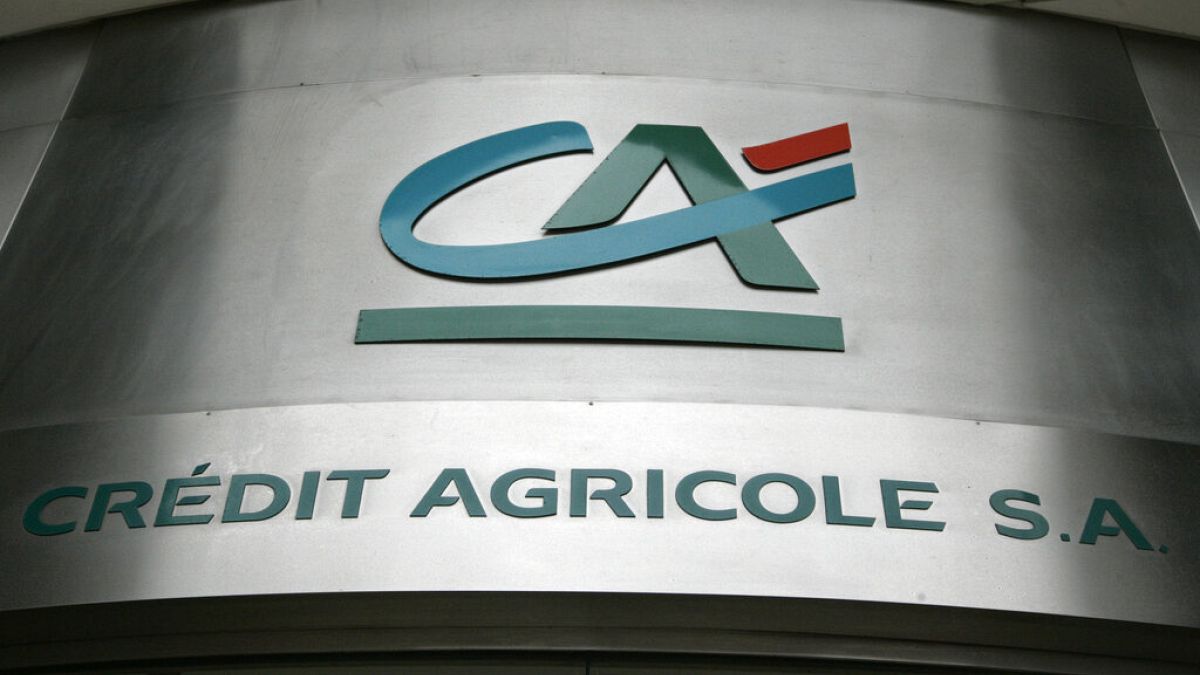European judges have dismissed appeals from Credit Agricole and Credit Suisse against a 2021 Commission decision that found collusion on price fixing of dollar-denominated bonds in the secondary trading market. Traders from Bank of America, Deutsche Bank, Credit Agricole, and Credit Suisse were found to have colluded between 2010 and 2015 through internet chatrooms. The Commission imposed fines on Bank of America, Credit Suisse, and Credit Agricole, with Deutsche Bank granted immunity for cooperation in the investigation.
The European Commission’s decision to fine Credit Agricole and Credit Suisse (now UBS) for their involvement in price fixing of dollar-denominated bonds has been upheld by European judges. This final victory for competition commissioner Margrethe Vestager comes as she prepares to step down, with Teresa Ribera slated to take her place in the new executive from December. The cartel’s activities were focused on the secondary trading market of Suprasovereign, Sovereign, and Agency bonds denominated in US Dollars in the European Economic Area.
The General Court determined that the EU antitrust enforcer was justified in condemning the conduct of the four banks involved in the cartel and that there were no errors in assessing the economic context and impact of their actions. Traders collaborated by exchanging sensitive information through chatrooms on Bloomberg terminals or by phone to update each other on trading activities and coordinate prices shown to customers and the market. Credit Agricole has acknowledged the Court’s decision and is considering whether to appeal, while UBS declined to comment on the ruling.
The decision by European judges to dismiss appeals from Credit Agricole and Credit Suisse regarding collusion on price fixing of dollar-denominated bonds in the secondary trading market reaffirms the findings of the European Commission. The Commission’s investigation revealed that traders from Bank of America, Deutsche Bank, Credit Agricole, and Credit Suisse were engaging in anticompetitive behavior between 2010 and 2015 through the exchange of sensitive information.
As the EU antitrust enforcer, the Commission imposed fines on Bank of America, Credit Suisse, and Credit Agricole for their involvement in the cartel, with Deutsche Bank receiving immunity for cooperating in the investigation. The General Court’s decision to uphold the Commission’s findings highlights the importance of preventing collusion and maintaining fair competition in financial markets. Moving forward, it will be crucial for financial institutions to adhere to antitrust rules and regulations to avoid similar penalties in the future.
With competition commissioner Margrethe Vestager set to depart and Teresa Ribera poised to take her place, the ruling against Credit Agricole and Credit Suisse represents a significant victory for the outgoing commissioner. The cartel’s activities in the secondary trading market of dollar-denominated bonds underscore the importance of transparency and ethical conduct in financial markets. Credit Agricole’s consideration of appealing the Court’s decision reflects the ongoing legal implications of anticompetitive behavior in the industry and highlights the need for continued vigilance in enforcing antitrust regulations.











